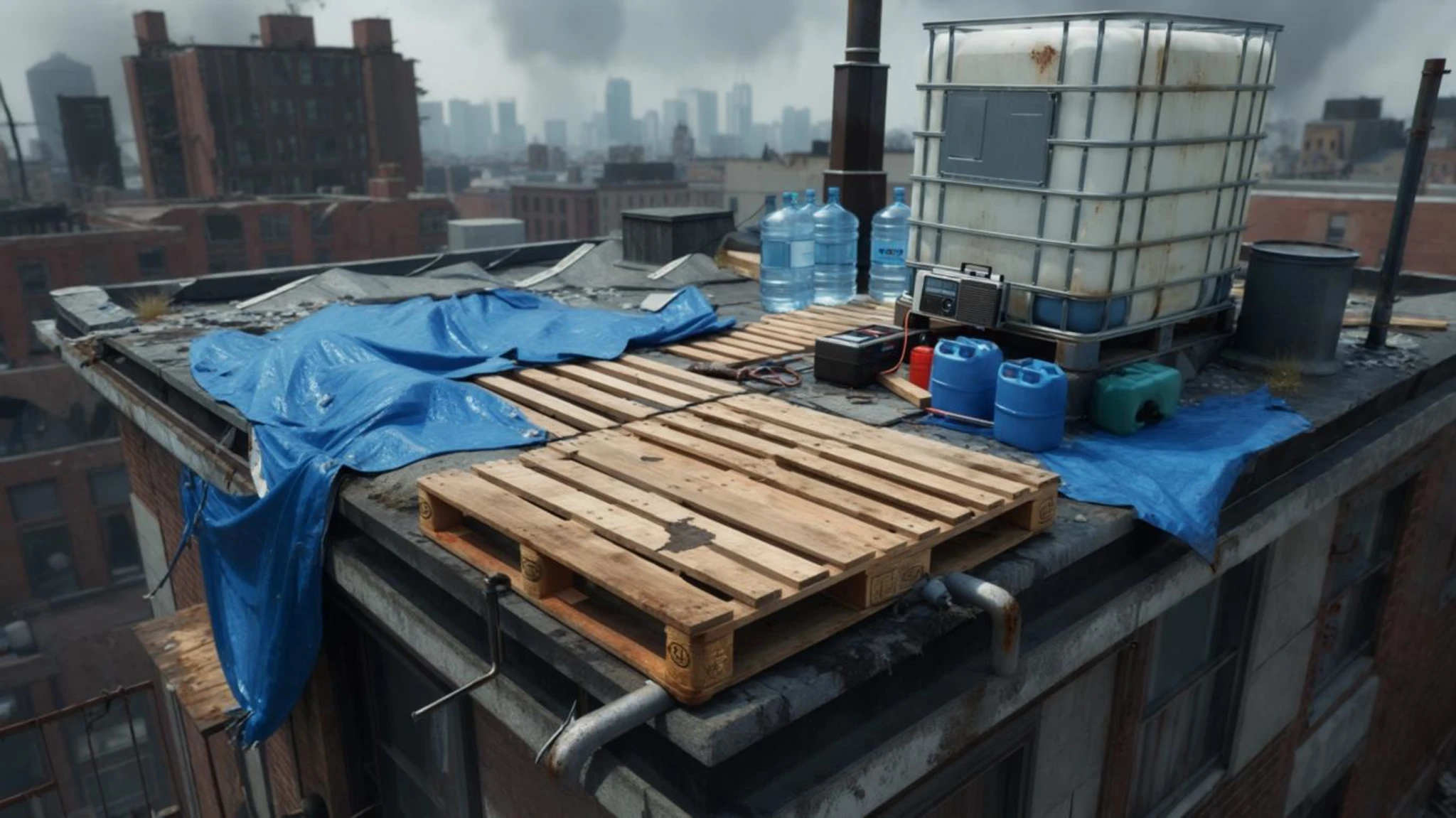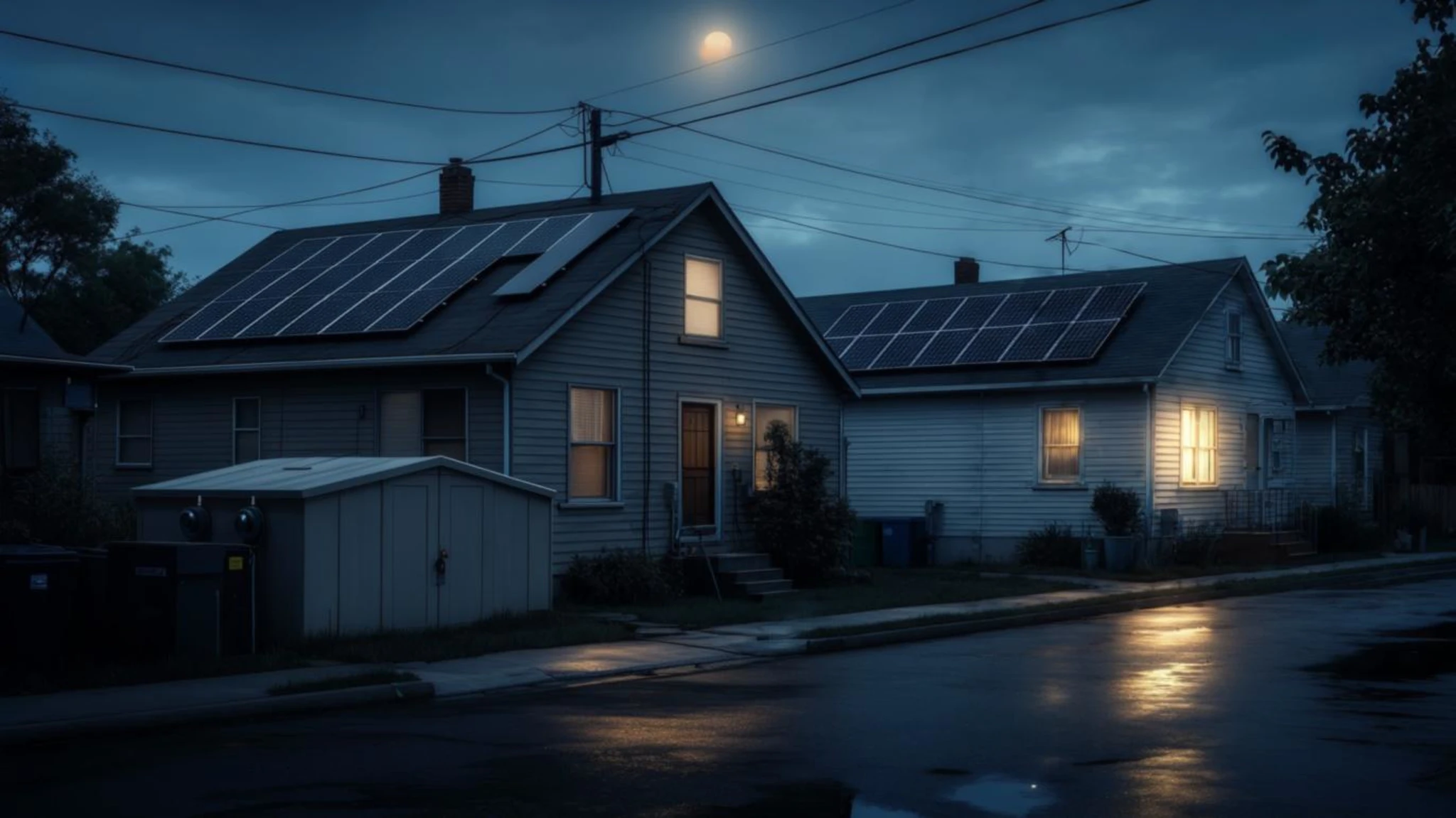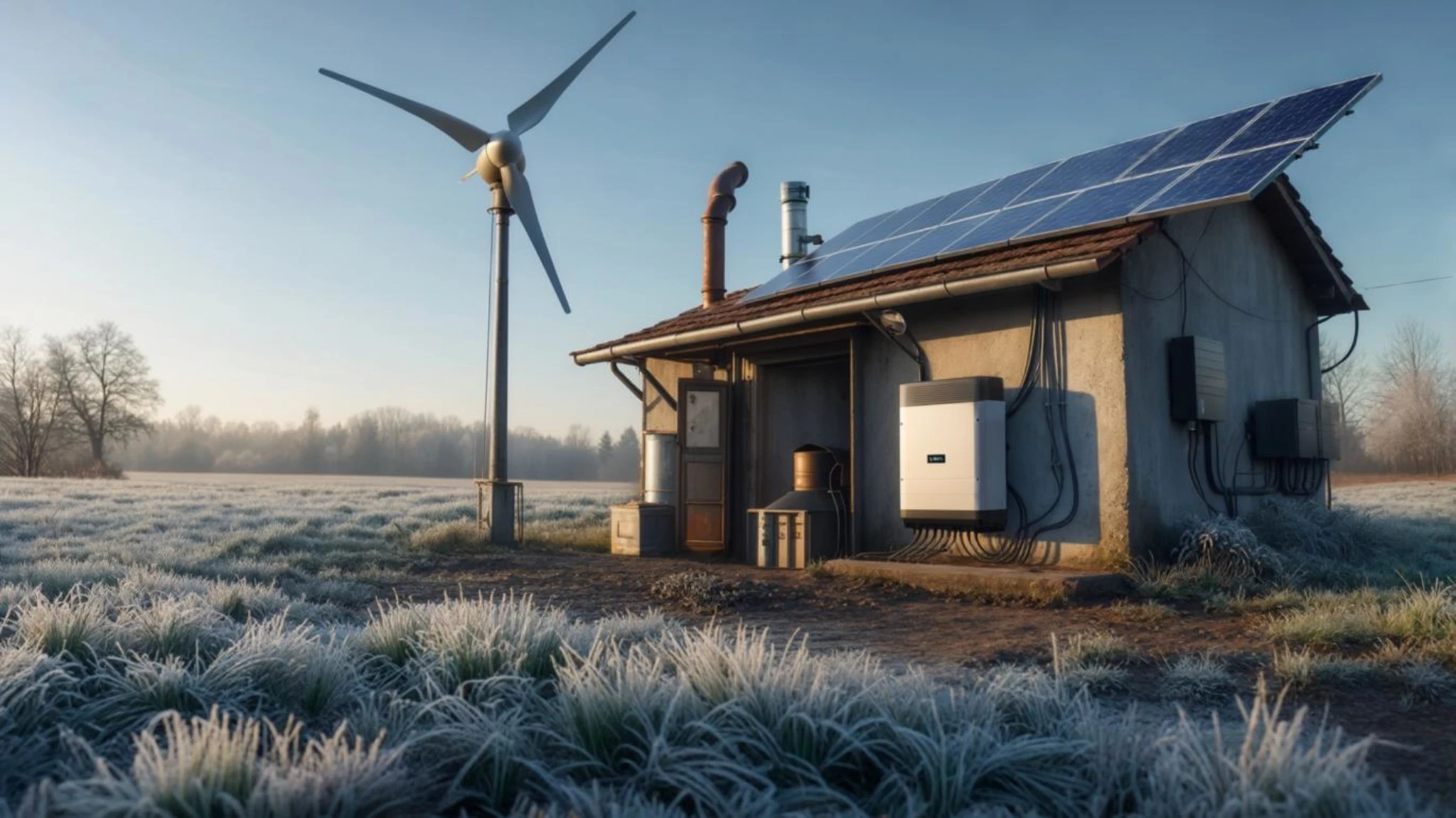When the grid goes down, it’s not the darkness that will break most people—it’s the silence. The silence of useless light switches. The silence of dead phones and offline networks. No fridge hum. No distant traffic. No buzz of power lines overhead. Just stillness. And the slow realization that life will never go back to what it was.
In the beginning, people hope it’s temporary. They wait for the power to come back on, for trucks to deliver food, for authorities to restore control. But days turn into weeks, weeks into months. The food is gone. The gasoline is gone. The news, if you hear any, is all bad. Cities are crumbling, hospitals are dead, and help isn’t coming.
This is the new frontier. The era of electricity, convenience, and global supply chains is over. What comes next isn’t about survival anymore—it’s about rebuilding a new way of life from the ashes of the old.
The End of the Old World
The grid was more than just electricity. It was the lifeline that powered every corner of modern civilization. It ran our hospitals, kept our food cold, moved water through pipes, powered factories, and allowed information to move faster than thought.
Now, without it, we’re living in the 1800s again—without the tools, skills, or culture to match. Most people have never lived without electricity, and fewer still know how to cook, clean, work, or communicate without it.
But we’ll have to learn. Because what’s coming isn’t a few weeks of inconvenience. It’s a permanent shift. The grid isn’t coming back. The fuel’s run dry. The transformers are fried. The people who built it are gone.
It’s time to stop hoping—and start adapting.
Cooking, Cleaning, and Living Without Power
Without electricity, everything takes longer. Cooking is no longer the push of a button—it’s an open flame, a woodstove, or hot stones. If you’re lucky, you have cast iron pans and a Dutch oven. If not, you’ll make do with scrap metal and fire pits.
Food must be cooked fresh, or preserved immediately. Water must be boiled, gathered from streams, or stored in rain barrels. Dishes are washed with heated water and lye soap—if you can make it. Everything you once did in minutes now takes hours.
Laundry becomes a day-long task. Without washers and dryers, you’ll scrub clothes with brushes and soap in tubs or streams. Drying means sunlight and wind. Clean clothes are no longer fashion—they’re a health issue. Dirty clothing means disease, rashes, lice.
Lighting is primitive again. Candles, oil lamps, solar lanterns if you salvaged them. Nighttime is darker than most modern people can imagine. You’ll go to bed earlier, rise with the sun, and avoid wasting precious light sources.
Preserving Food Without Refrigeration
The fridge was one of the greatest tools of modern life—and one of the hardest to replace. Without it, you’ll need to go old-school to keep food from spoiling.
Salting and smoking meat will become a standard practice. If you have access to hardwood and a smokehouse—or the know-how to build one—you can preserve protein for months. Canning, if you still have jars and lids, becomes a lifesaving skill.
Root cellars will make a comeback. Deep, cool spaces where you can store squash, carrots, potatoes, and apples for months. Fermentation—sauerkraut, pickles, kefir—will be more than a health trend. It will be survival.
Daily life will revolve around the question: How do I make this last longer? Waste nothing. Spoil nothing. Share wisely.
Communication and Navigation in Silence
The internet is gone. The cell towers are dark. If you didn’t salvage shortwave radios or walkie-talkies, your world just got a whole lot smaller. News travels by word of mouth, by smoke signals, flags, and runners.
If you need to communicate beyond shouting distance, you'll need to rebuild old methods—chalk marks, signs, agreed-upon symbols, or dead-drop messages. If you still have radios, learn how to listen to shortwave bands and broadcast with low-wattage devices.
Navigation also reverts. No GPS, no Google Maps. You'll rely on paper maps, compasses, the stars, and memory. Traveling without getting lost becomes a skill worth more than gold.
Sanitation and Disease Control
If you think collapse means "live dirty," you won't live long. With no garbage pickup, no running water, and no sewage treatment, disease becomes the real killer.
You’ll need to dig latrines away from living areas, use ash or lime to cover waste, and keep water sources clean and uncontaminated. Washing hands with ash or homemade soap can prevent deadly infections.
Composting human waste properly can turn a problem into fertilizer—but do it wrong, and you’ll poison your crops. You must become part sanitation worker, part doctor, part engineer.
Rebuilding Community Roles
When the old system dies, new structures emerge. A group can’t survive long without defined roles, responsibility, and trust. This is where real rebuilding begins.
Leaders will emerge—those who can organize, communicate, and inspire. Healers will be in demand, even if they’re just skilled with herbs and first aid. Teachers will keep knowledge alive, blacksmiths will forge tools, guards will protect the group, and farmers will become the most important people of all.
No one eats for free. Everyone works. Every job matters. The lazy, the selfish, the entitled—they won’t last long. What remains will be small groups who know they only survive by working together, without excuses.
The Psychology of the New Normal
Letting go of the old world is the hardest part. People who cling to the past—who believe the lights will come back on, the trucks will return, the government will save them—they fall apart. They give up. Some go mad.
But those who accept the new reality can begin to live in it. Yes, it’s harder. Yes, it’s brutal. But it’s also real. It’s tangible. And it offers something many have never known—true purpose.
Every meal you grow, every fire you build, every day you survive—it’s real. You built it. You earned it. And that’s more than the old world ever gave most people.
Final Thoughts: Don’t Wait for the Lights to Come Back On
This is the new frontier. It’s dirty. It’s harsh. But it’s real. You can either mourn what’s lost or build what’s next.
So don’t wait for the grid. Don’t wait for the cavalry. Pick up your tools. Gather your people. Light your fire.
Because no one is coming. But that doesn’t mean we’re done.



